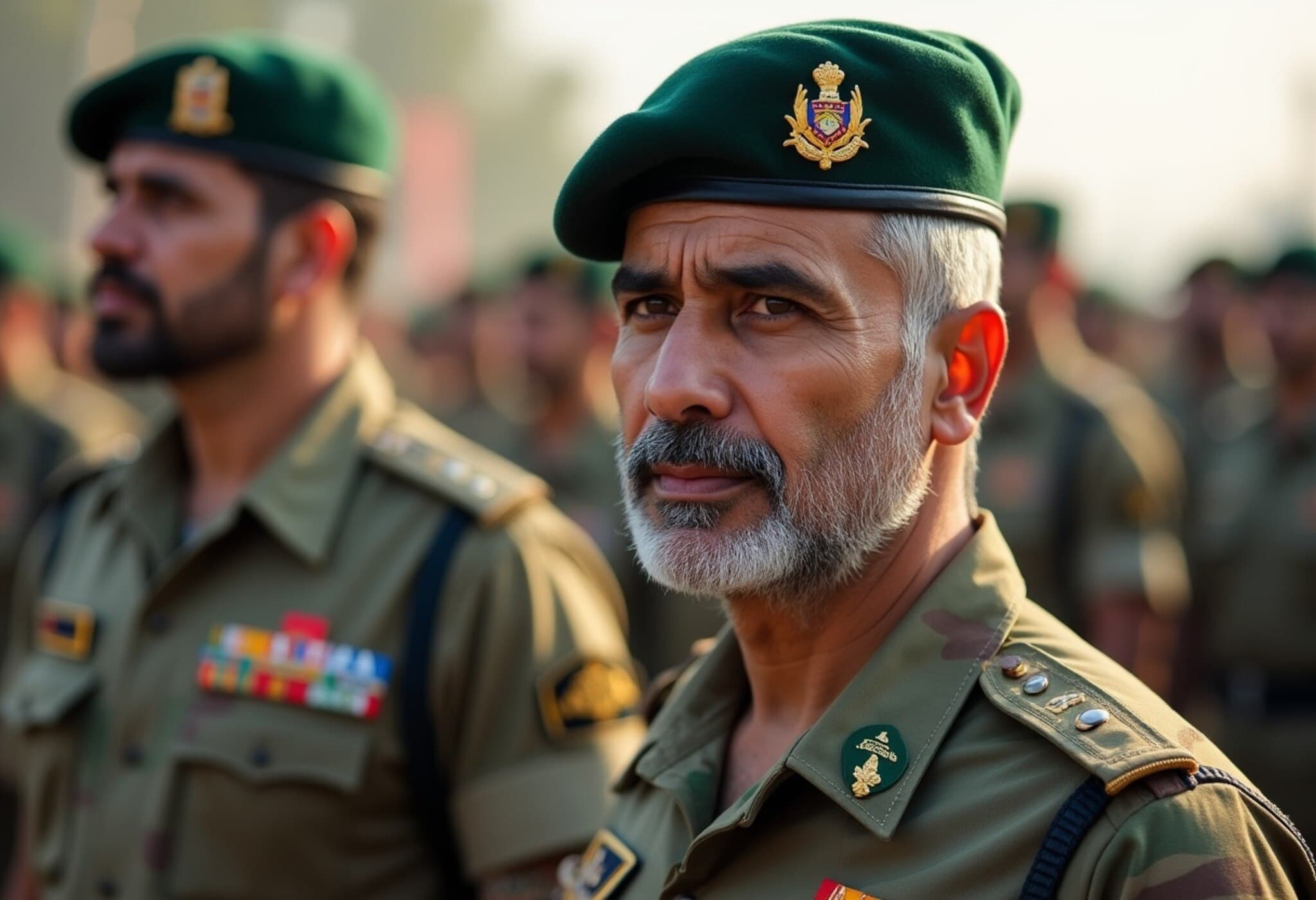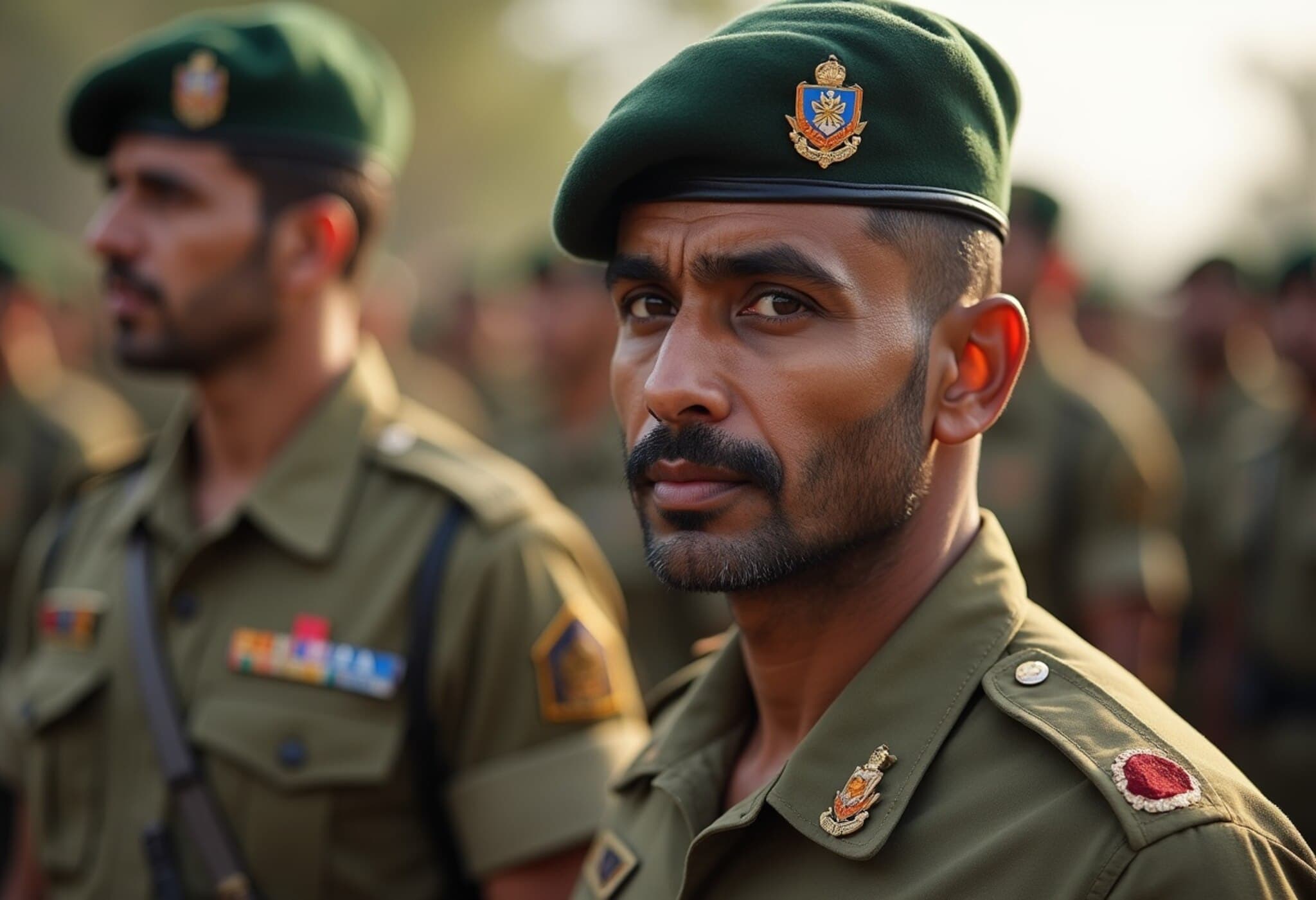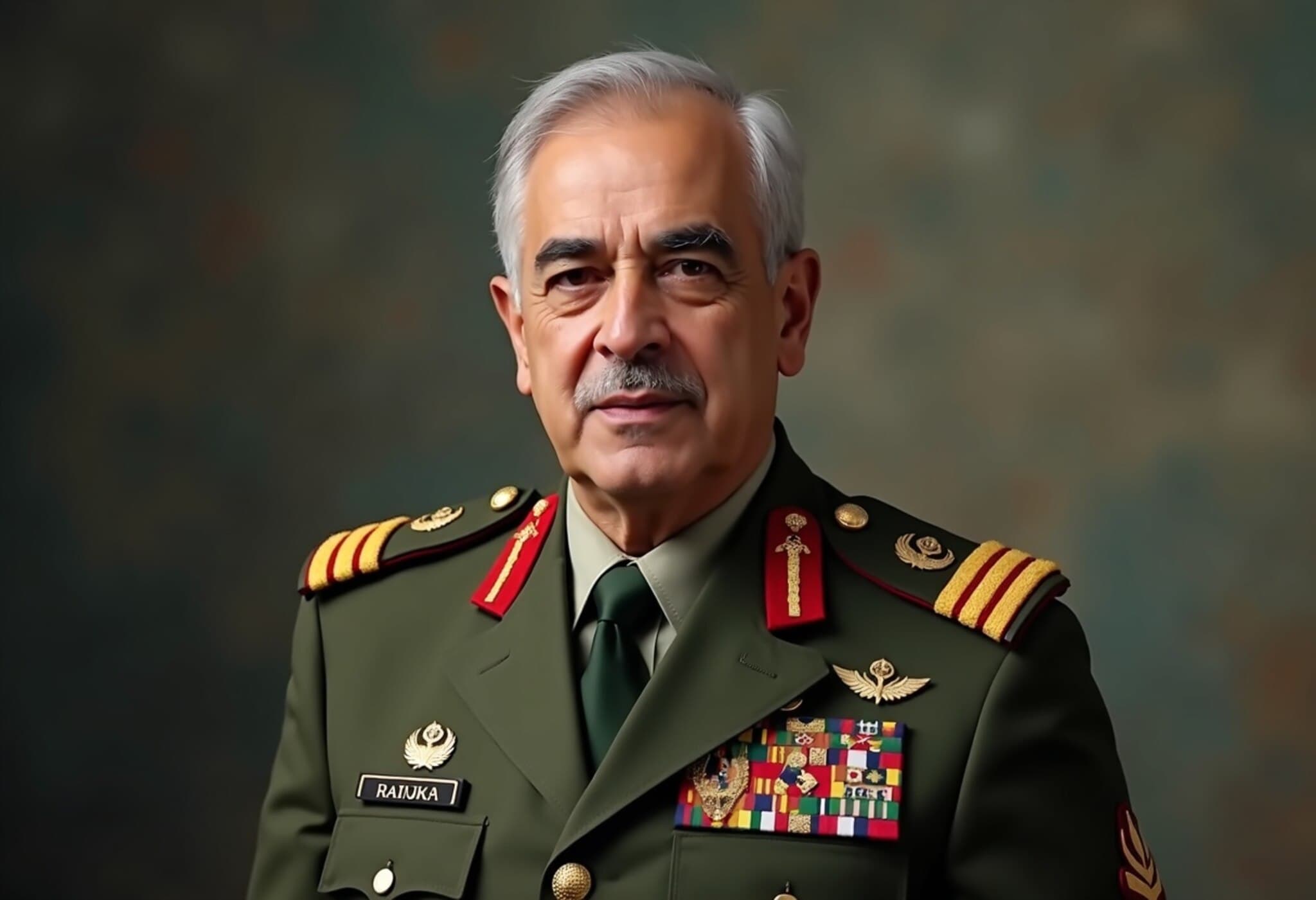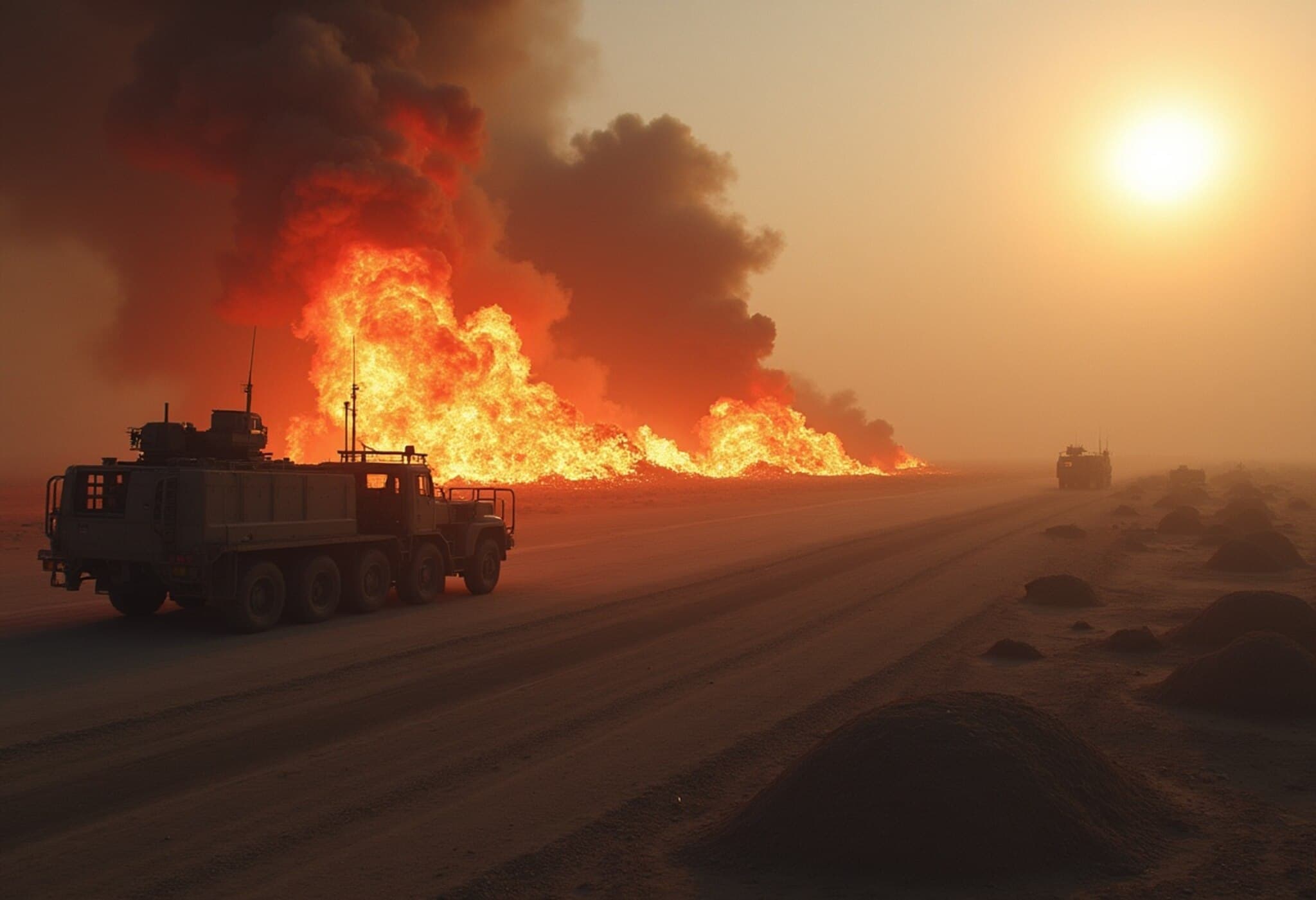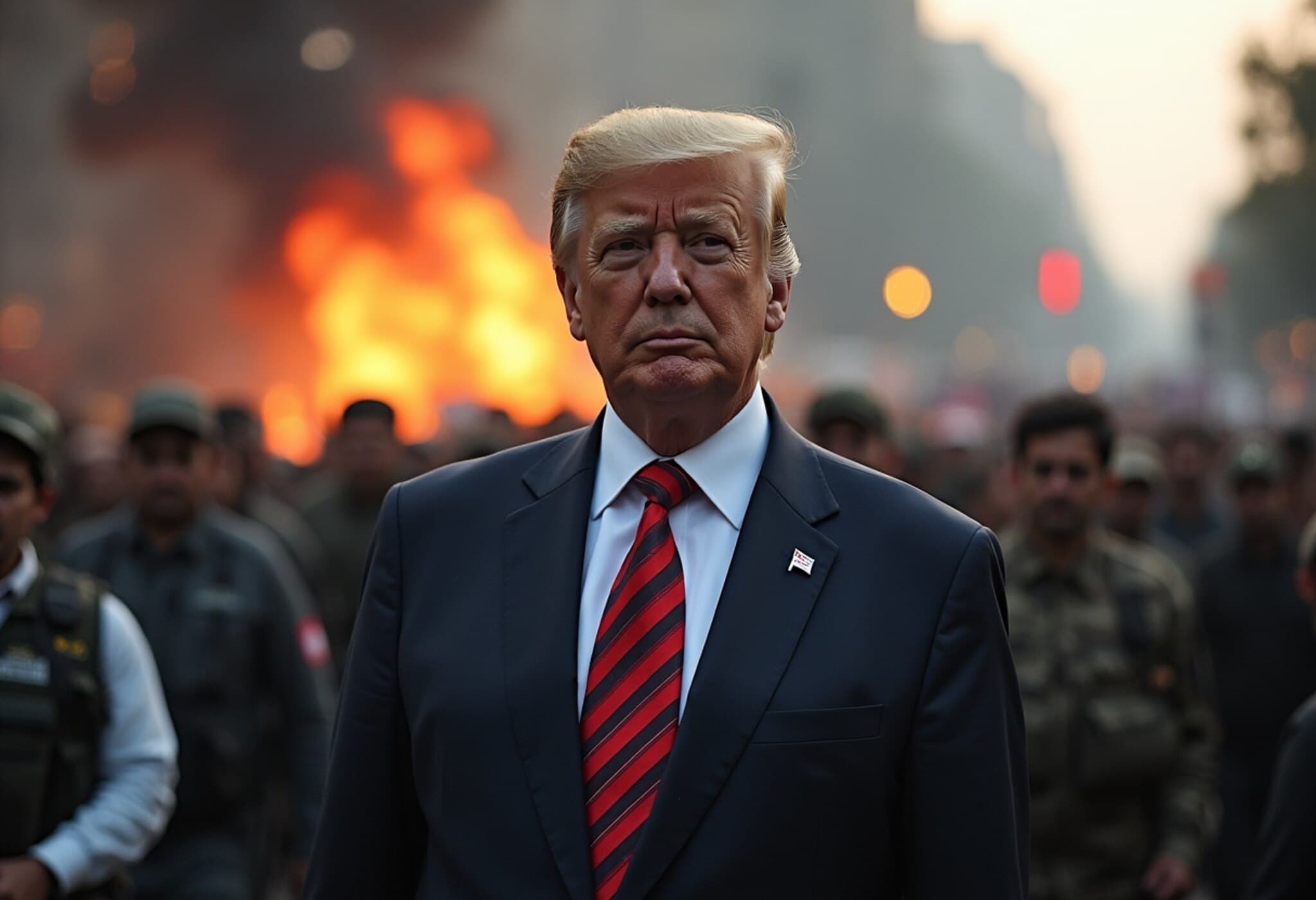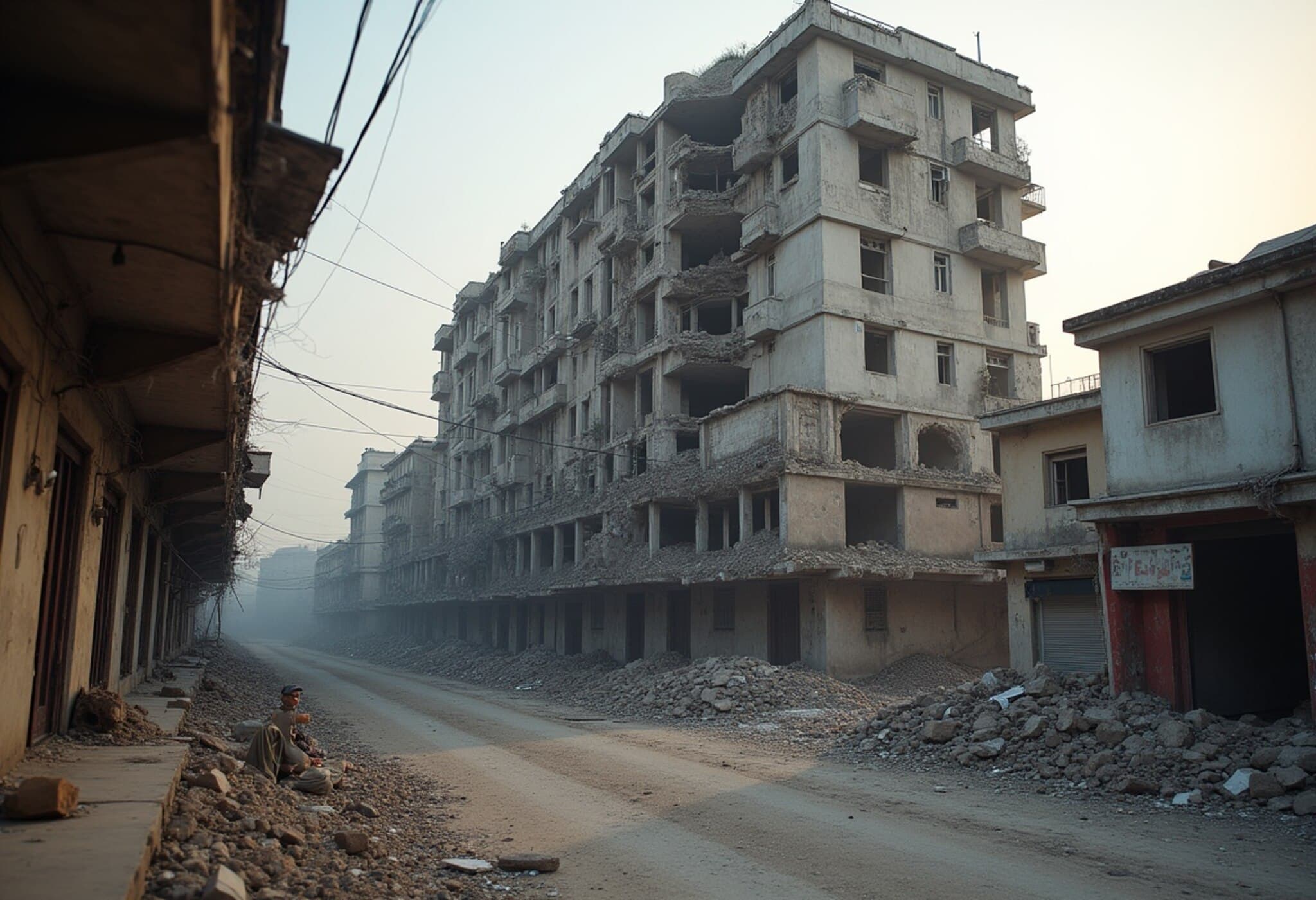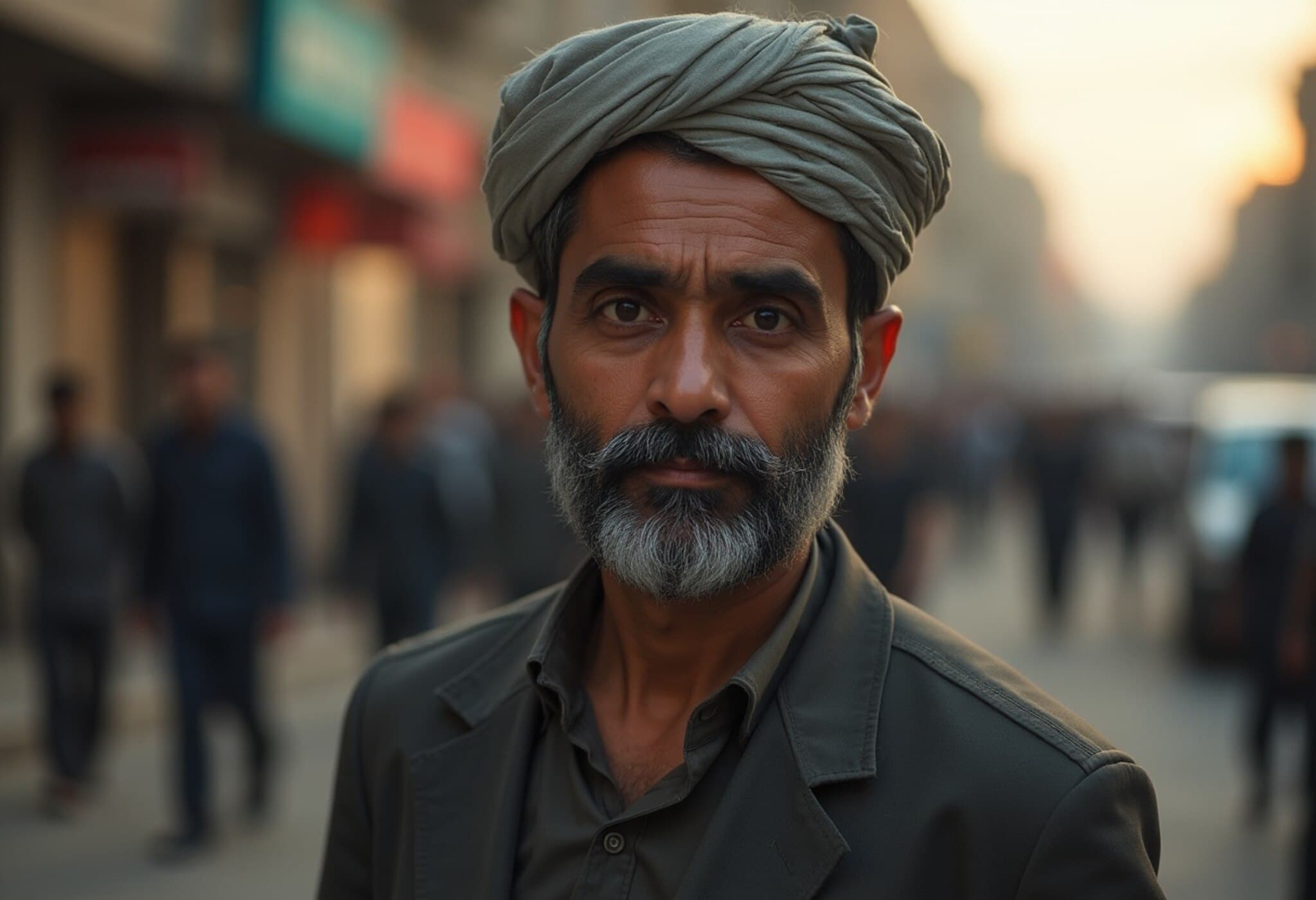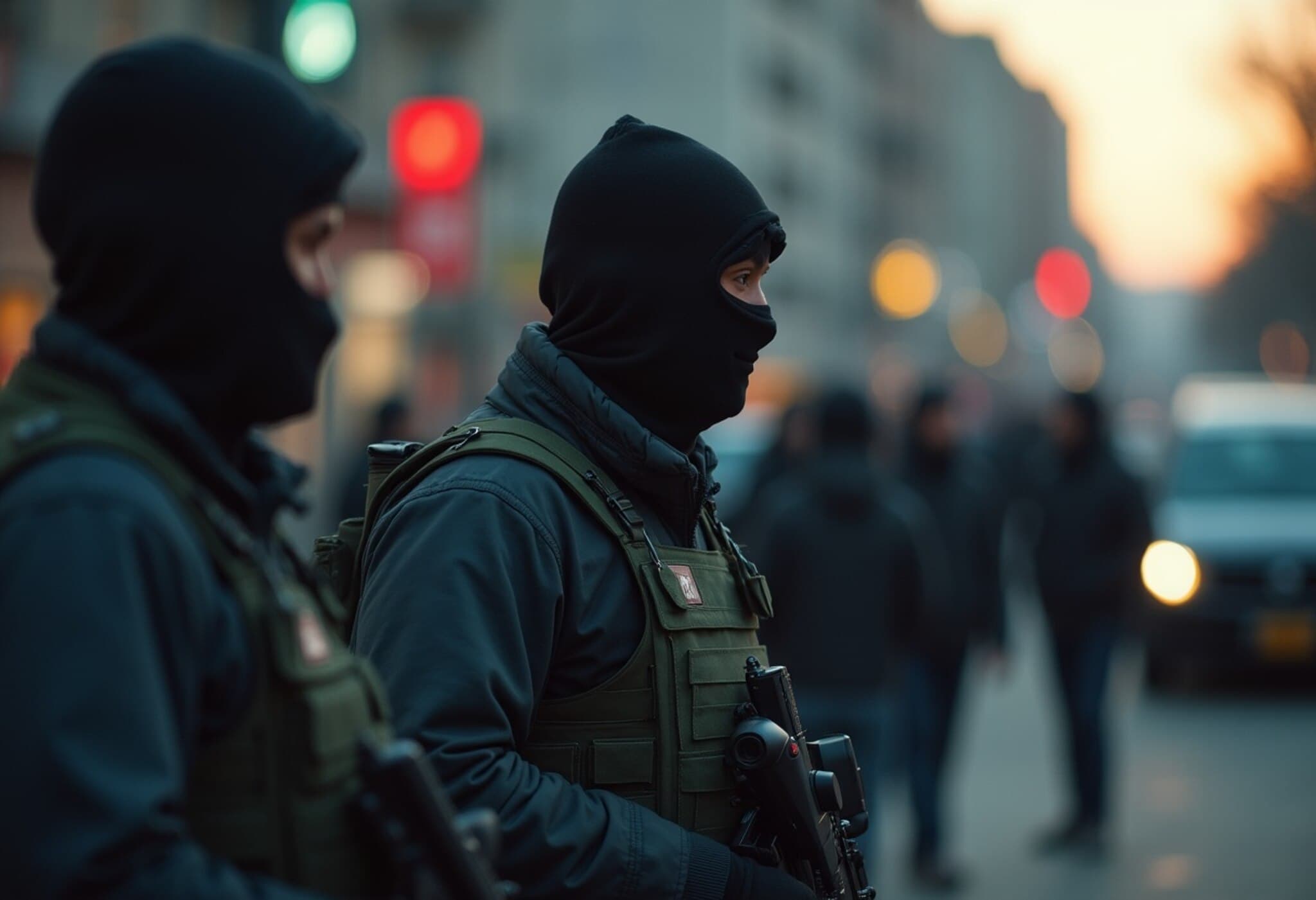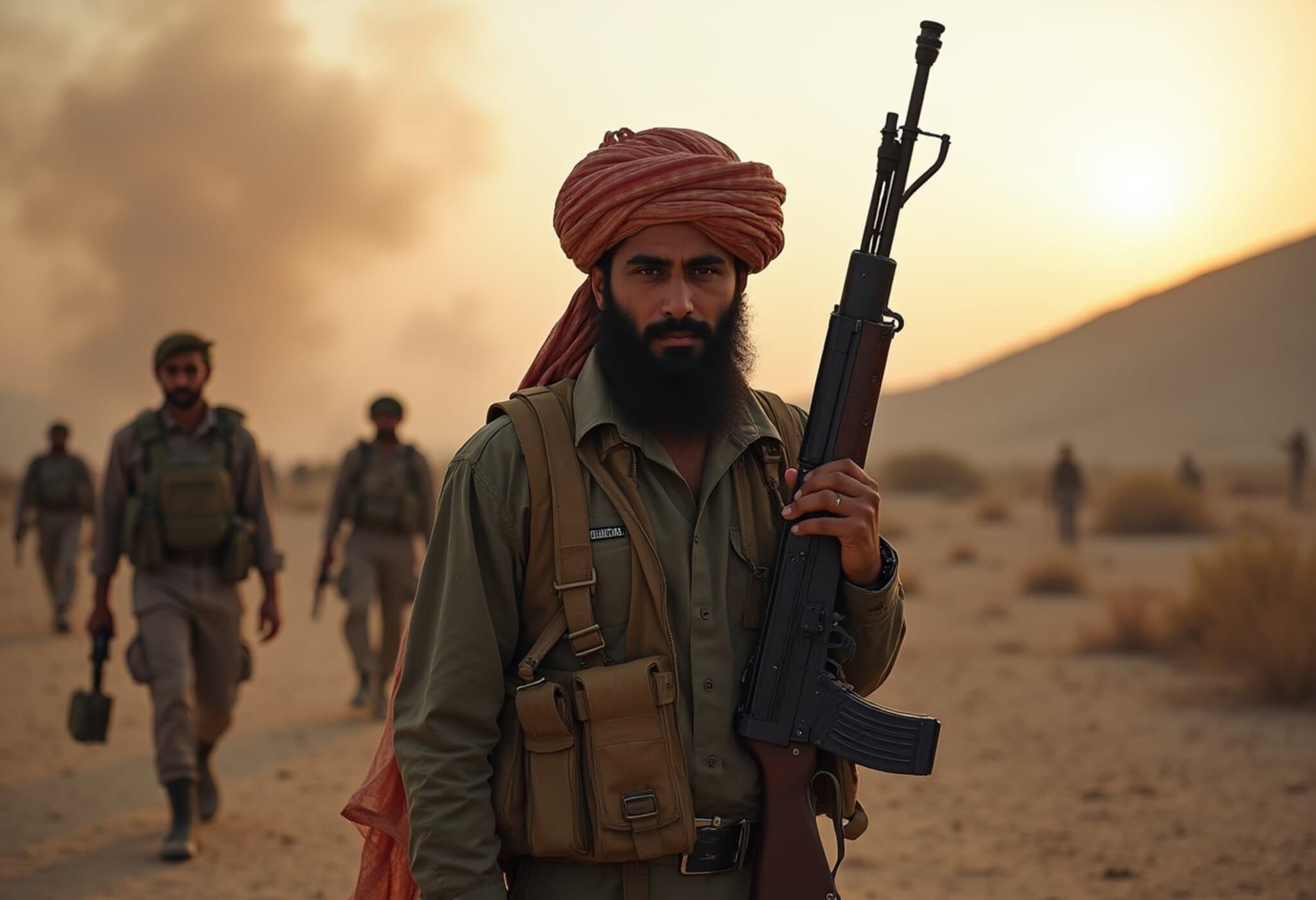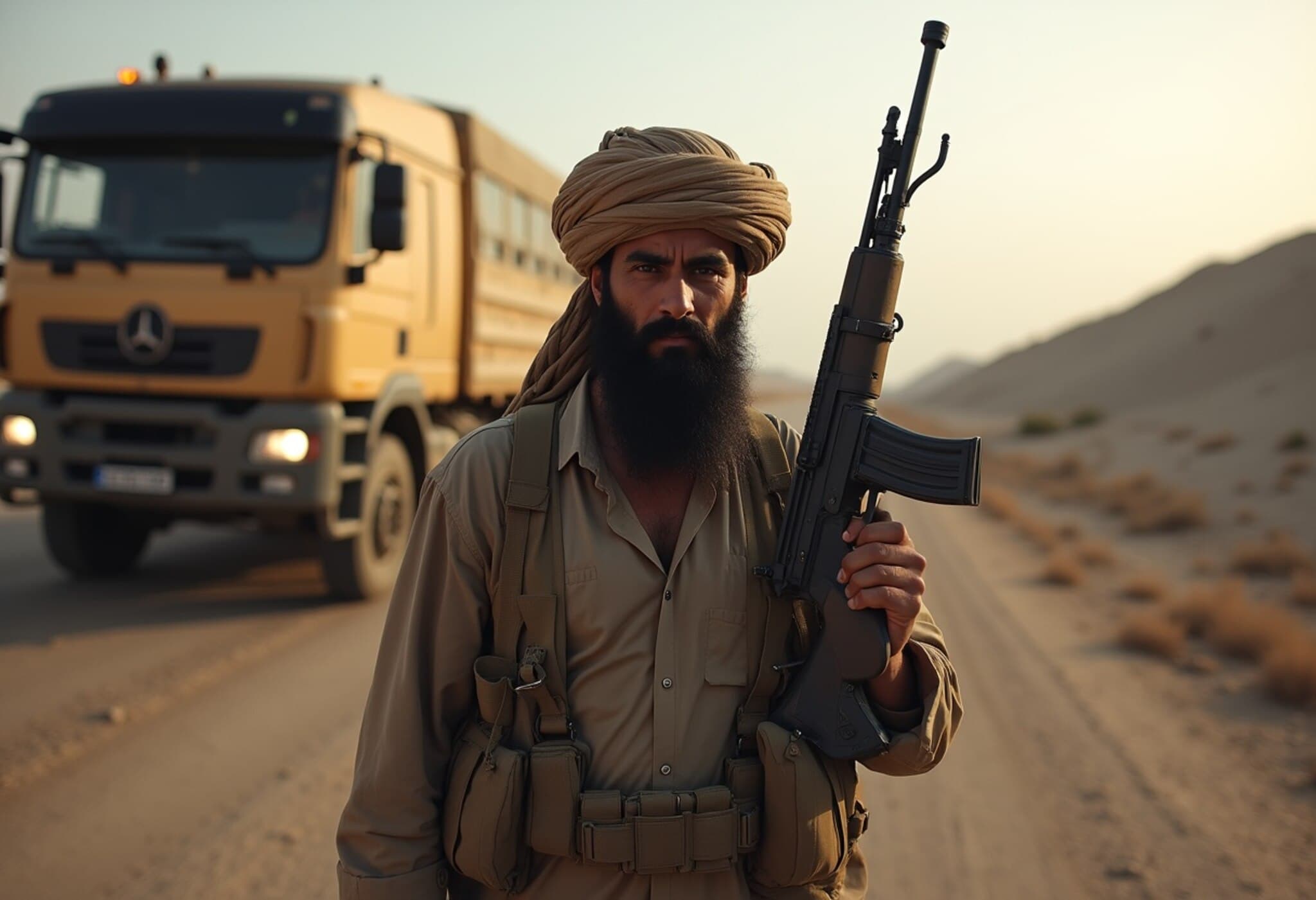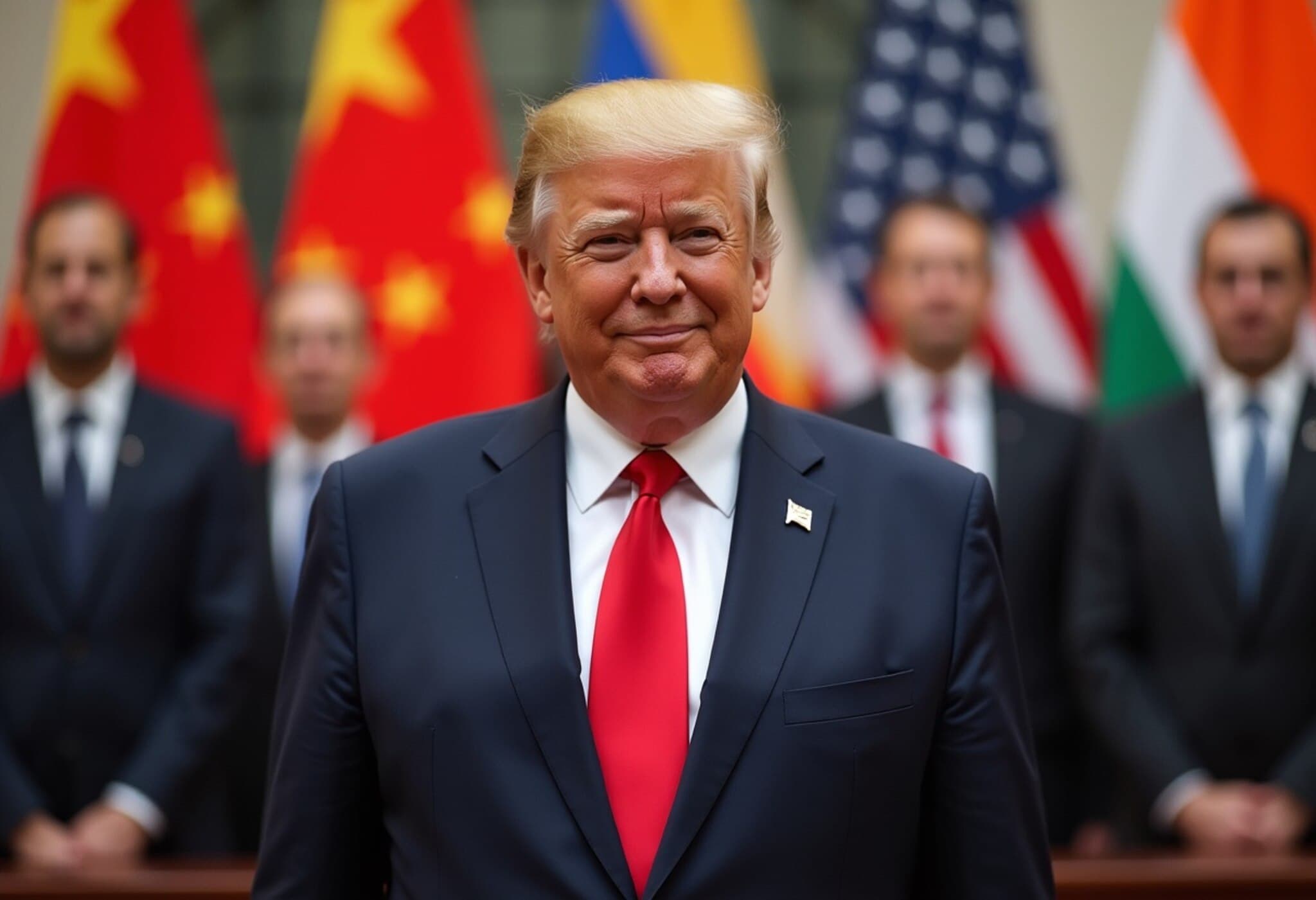Pakistan Army Chief Asim Munir Pays Tribute to Kargil War Hero Captain Karnal Sher Khan
On the 26th anniversary of his martyrdom, Pakistan’s newly appointed Field Marshal and Army Chief, Asim Munir, delivered a heartfelt homage to Captain Karnal Sher Khan, a soldier whose legacy is intertwined with a poignant chapter of the 1999 Kargil conflict. Despite the initial refusal by Pakistan to claim his body during the war, Munir’s tribute signals a renewed recognition of Khan’s valor and sacrifice.
The Controversy Surrounding Captain Karnal Sher Khan’s Remains
Captain Karnal Sher Khan served in the 12 Northern Light Infantry and was one of the most courageous soldiers during the Kargil War. Yet, in July 1999, after his body was recovered on Tiger Hill in the Dras sector, Pakistan initially refused to acknowledge or accept it. This decision came amid intense political and military sensitivities, as Pakistan denied the involvement of its regular army troops in the conflict, framing it as a local militia action.
The Indian Army found Captain Khan's body, along with that of another officer, Capt. Imtiaz Malik, on India's side of the Line of Control (LoC). India promptly notified Pakistan and offered to repatriate the remains. However, Pakistan’s reluctance was widely interpreted as an attempt to distance itself from formal military engagement in Kargil — a claim India has consistently disputed.
India’s Role and the International Committee of the Red Cross Intervention
The Indian government, in coordination with the International Committee of the Red Cross (ICRC), sought to facilitate the handover of the bodies. According to statements released by the Indian consulate in Washington, Pakistan delayed claiming the bodies despite multiple communications from the ICRC and Indian officials.
- India highlighted the deteriorating condition of the bodies due to weather, setting a deadline for Pakistan to respond by July 15, 1999.
- Pakistan eventually accepted the bodies on July 17, 1999, with full military honors given before repatriation to Karachi.
- The delay and Pakistan’s conditional acceptance fueled international scrutiny over Islamabad’s narrative of the Kargil conflict.
The Unique Recognition of Captain Karnal Sher Khan in Pakistan
Despite the initial controversy, Captain Karnal Sher Khan remains the only recipient of the Nishan-e-Haider from Pakistan's Khyber Pakhtunkhwa province. This prestigious award, Pakistan’s highest military honor, signifies recognition of his exemplary courage and sacrifice during the war. In recent years, his memory has been increasingly celebrated in Pakistan, including large-scale commemorations such as the massive procession on Defence Day in 2020.
An Unexpected Gesture of Respect from the Indian Army
In a remarkable demonstration of soldierly respect transcending borders, Brigadier M.P.S. Bajwa, an Indian Army officer commanding the 192 Mountain Brigade during the Kargil War, penned a citation honoring Captain Karnal Sher’s bravery. Bajwa placed this handwritten tribute in Khan’s pocket before his body was transferred to Indian custody. Years later, Bajwa received a letter of gratitude from Khan’s family, acknowledging the recognition.
This gesture reflects the complex human dimensions often lost amidst the geopolitical struggle — showcasing how valor and respect can bridge adversarial divides.
Contextual Insights: Why This Story Still Matters
The Kargil War remains a defining moment in South Asian military and diplomatic history, marked by confrontation, denial, and tragic heroism on both sides. Pakistan's evolving narrative—from initial denial of army involvement to honoring soldiers like Captain Karnal Sher Khan—mirrors broader shifts in its military self-perception and public memory.
Moreover, the episode underscores the role of international actors like the ICRC in maintaining humanitarian norms even amid conflict. It also prompts reflection on how nations reconcile the messy realities of war with political exigencies, particularly regarding acknowledgment of casualties and honoring fallen soldiers.
Underreported Aspects
- The delay in repatriating bodies highlights the strategic use of narrative denial in modern asymmetric conflicts.
- The Indian Army’s respect towards enemy combatants emphasizes a code of ethics that persists despite hostility.
- How families on both sides grappled emotionally with the politicization of their loved ones’ sacrifices is a topic warranting deeper exploration.
Editor’s Note
Captain Karnal Sher Khan’s story is not just one of battlefield heroism but a poignant reflection of the complex interplay between military valor, national narratives, and humanitarian considerations. As Pakistan’s Army Chief Asim Munir foregrounds Khan's legacy, it invites readers to revisit the human cost of conflict beyond geopolitical rhetoric. The recognition of shared bravery across divides, as exemplified by Brigadier Bajwa’s tribute, offers a sober reminder of common soldierly values—even in times of war.
This narrative encourages us to ask: How do nations balance strategic imperatives with honoring truth and humanity? And what lessons can current and future generations draw from the fraught history of conflicts like Kargil?

